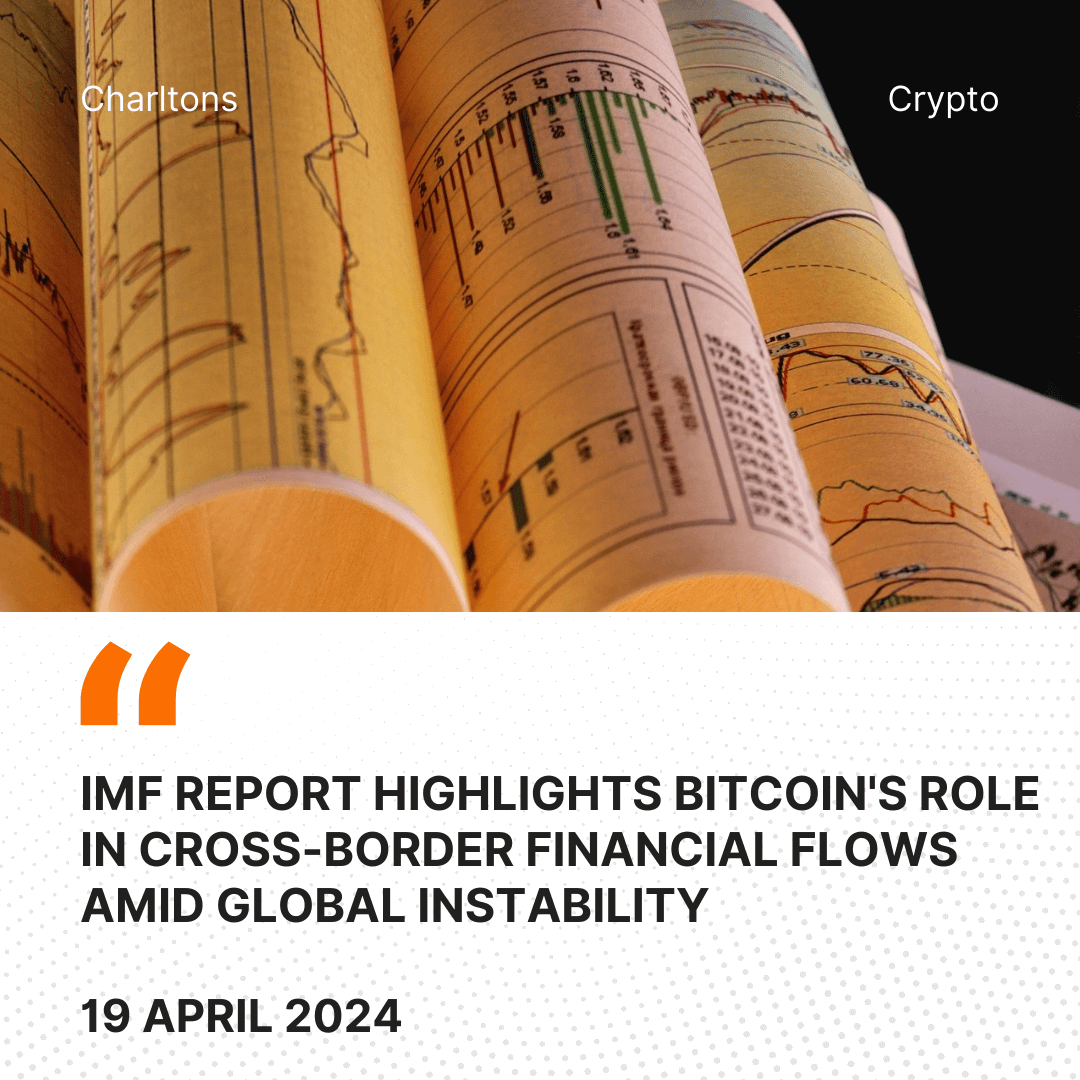
A new report by the International Monetary Fund (IMF) titled “A Primer on Bitcoin Cross-Border Flows” shows Bitcoin’s growing importance as a channel for cross-border financial transactions, particularly in regions facing economic turmoil or strict capital controls.
The decentralized nature of Bitcoin enables residents in countries with restrictive financial regulations, such as Argentina and Venezuela, to move capital across borders more freely. In these nations, Bitcoin serves as a vital financial tool for preserving wealth and accessing global markets, beyond its role as a speculative investment.
While acknowledging the benefits, the IMF report also warns of potential risks associated with Bitcoin’s widespread use for cross-border flows, including concerns about money laundering due to the anonymity provided by cryptocurrencies.
The study analyzes both on-chain and off-chain transaction data, revealing that Bitcoin transactions exhibit unique characteristics compared to traditional capital flows. On-chain transactions, recorded on the blockchain, are typically larger and offer more security compared to off-chain transactions.
The IMF calls for international cooperation and regulatory frameworks tailored to the unique aspects of digital assets. Such measures could help mitigate risks while harnessing the benefits of cryptocurrencies, particularly in providing economic freedom in countries with restrictive financial environments.





